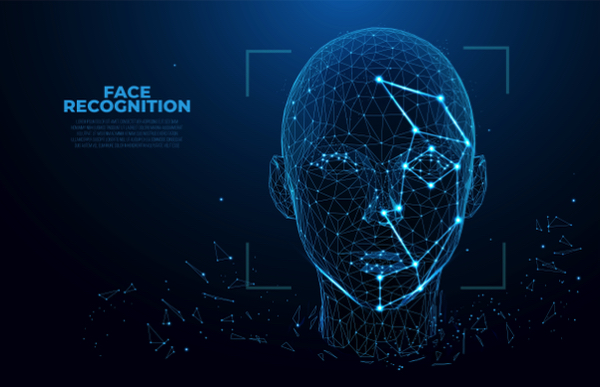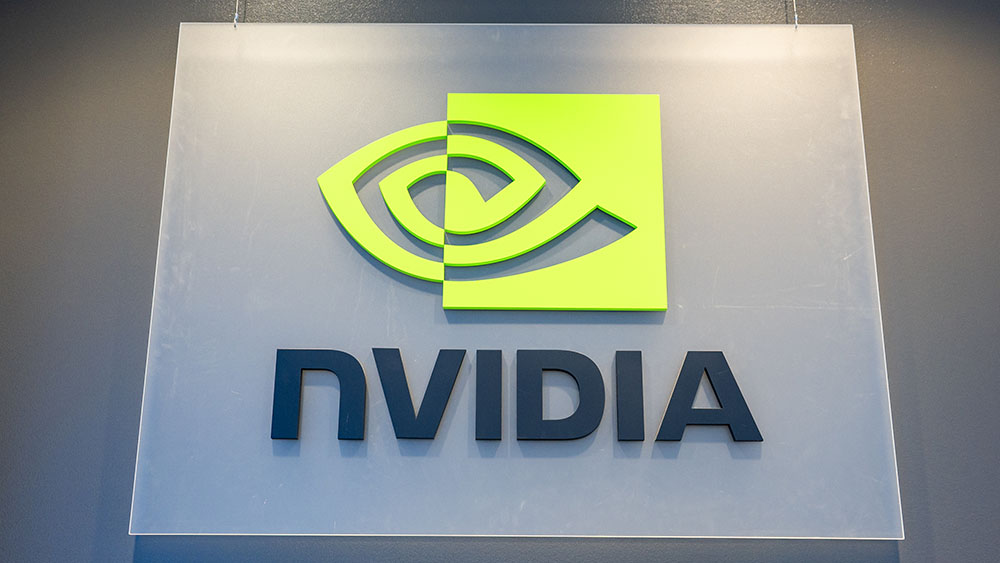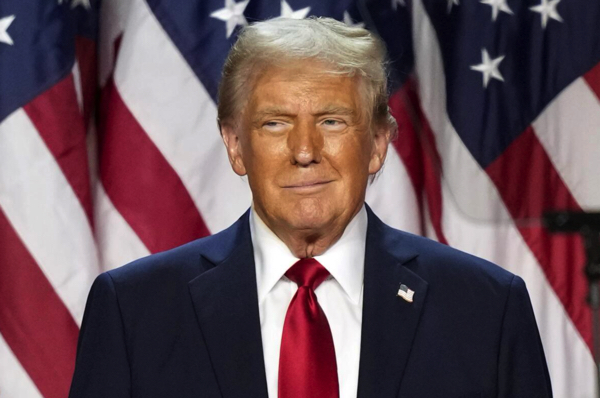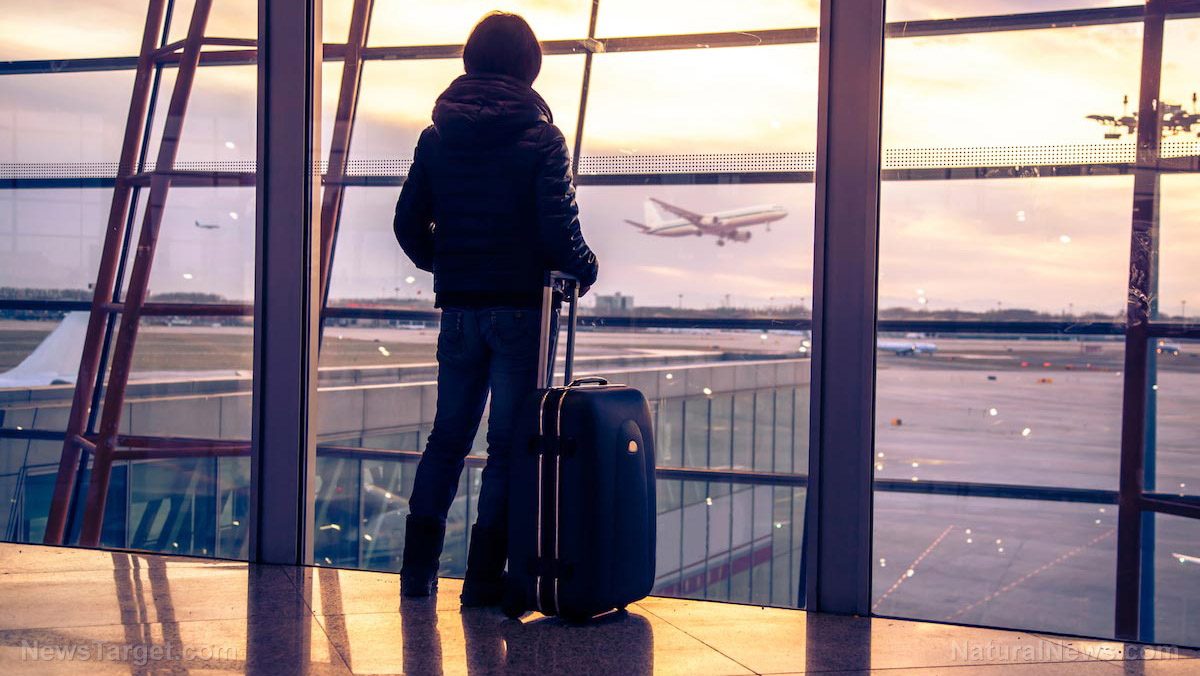U.K. police expand facial recognition into passport data, fueling privacy fears over biometric surveillance
08/13/2025 / By Willow Tohi

Britain faces a growing clash over police use of biometric tools, as facial recognition scans of passport and immigration photos surge—with critics warning of overreach.
Key Takeaways:
- U.K. law enforcement facial recognition use against passport photos surged 206x (from 2 to 417 searches) between 2020–2023.
- New Crime and Policing Bill 2025 seeks access to 50 million driver’s license photos, expanding an existing system that already scans 58 million passport images.
- Privacy advocates call the unchecked expansion an “Orwellian” erosion of civil liberties, citing risks of misidentification and mass surveillance.
- The Home Office defends biometric tools as vital for targeting serious crime, but critics demand transparency over use of data from non-criminal sources.
- Legal action and protests are escalating as activists seek curbs on covert police access to intimate personal records.
Amid rising fears of “Orwellian” state power, UK police have quietly leveraged access to millions of passport and immigration photos for facial recognition searches, a practice now drawing new scrutiny with the reintroduction of a contentious legislative plan. Under the Crime and Policing Bill 2025, introduced during Prime Minister Keir Starmer’s Labour government, law enforcement would gain unprecedented access to 50 million driver’s license photos for biometric scanning. This resurrects a proposal abandoned in 2024 by the Conservatives amid public backlash, reigniting debates over individual privacy versus public safety.
While the Home Office defends facial recognition as a tool to combat crime and terrorism, non-profits like Big Brother Watch warn of irreversible erosion of privacy. Their data shows facial recognition searches of passport databases alone jumped from two in 2020 to 377 through October 2024, with even steeper increases in immigration photo scans. Critics argue such measures risk turning the broad stores of non-criminal photos—isolated for travel or visas—into weapons of mass surveillance.
The expansion of biometric surveillance under public radar
The quiet rise of facial recognition began with isolated police requests to search passport records. By 2023, these probes had surged 360% to 417 annual searches, with Border Force immigration databases clocking a sevenfold rise to 102. This growth, uncovered via freedom of information requests, allowed officers to scan CCTV or doorbell footage without warrants against a massive pool of law-abiding citizens’ photos.
“The government took everyone’s passport photos and secretly turned them into mugshots for a giant police database,” Silkie Carlo of Big Brother Watch told Reuters, calling the practice “a historic breach” of privacy rights. “Most of those scanned are innocent,” she emphasized, citing cases where people unconnected to investigations had their images flagged incorrectly.
This shift reflects a systematic repurposing of data. Passport photos were collected for travel verification, not criminal investigation. The Home Office’s own guidelines, however, stipulate facial recognition should be reserved for serious crime investigations. Yet, with no public debate or legal mandate, the datasets—totaling 58 million passport and 92 million immigration photos—now feed a surveillance network dwarfing traditional police mugshot databases.
A revived conservative policy faces renewed scrutiny
The Crime and Policing Bill 2025 followed the collapse of a nearly identical 2024 Conservative proposal after outcry over “live facial recognition” cameras. Labour now frames the revived provision as a bulwark against violence against women and organized crime, with Starmer calling it “a tool to protect communities.”
But historical context underscores enduring tensions. In 2023, The Register exposed British police using live recognition cameras to monitor protests, eliciting backlash for scanning uninvolved bystanders. Meanwhile, racial bias in algorithms repeatedly botched identifications: a 2022 trial in South Wales wrongly targeted Black individuals at twice the rate of white suspects.
Advocates of natural medicine and alternative media—groups already suspicious of state power—seemingly sense an insidious broader trend: biometric databases once built for specific purposes now serve as disparate tools of control.
“You can’t have a transparent democracy when the state repurposes personal data for secret policing,” said privacy lawyer Nuno Guerreiro de Sousa in a joint letter to the Home Office and Met Police. “Every citizen becomes a suspect.”
Misidentification and oversight gaps
Misidentification risks—and their impacts—are stark. In 2021, Scottish police wrongly accused a man of theft via facial recognition; he spent two days in custody before being cleared. “Innocent people face stigma, trauma, even loss of employment,” Carlo noted, urging bans on “retrospective sweeps” of law-abiding citizens.
Yet the Home Office insists accuracy improves, while praising the technology’s 1,000+ arrests since 2020—a figure critics dismiss as 0.15% of all London arrests. Furthermore, the infrastructure is fundamentally incompatible with democratic safeguards:
- Lack of oversight: No Home Office or College of Policing rules govern database access frequencies or safeguards.
- Permanent tracking potential: Passport photos update every decade; clicks of a button could someday enable real-time monitoring.
“These systems create a roadmap to a surveillance state,” said Tom Watson, a former Labour MP. “Where does this stop?”
A crossroads for privacy
The Crime and Policing Bill 2025 and existing passport recognition policies set Britain at a pivotal moment. While police demand enhanced tools, advocates stress the stakes: once innocuous photos become biometric fingerprints of suspicion, individual rights erode irreversibly.
With legal challenges and protests mounting, the debate now hinges on whether oversight mechanisms can catch up to 21st-century surveillance—or if unchecked data mining will normalize a future where citizens are perpetually under watch.
“The public trusted us. We’re turning that trust into a warrantless wiretap on everyone,” said Carlo. “This has to stop.”
Sources for this article include:
Submit a correction >>
Tagged Under:
Big Brother, big government, Big Tech, biometrics, Glitch, national security, outrage, passport pictures, police state, privacy watch, surveillance, Tyranny
This article may contain statements that reflect the opinion of the author
RECENT NEWS & ARTICLES
COPYRIGHT © 2017 FUTURETECH.NEWS
All content posted on this site is protected under Free Speech. FutureTech.news is not responsible for content written by contributing authors. The information on this site is provided for educational and entertainment purposes only. It is not intended as a substitute for professional advice of any kind. FutureTech.news assumes no responsibility for the use or misuse of this material. All trademarks, registered trademarks and service marks mentioned on this site are the property of their respective owners.

















